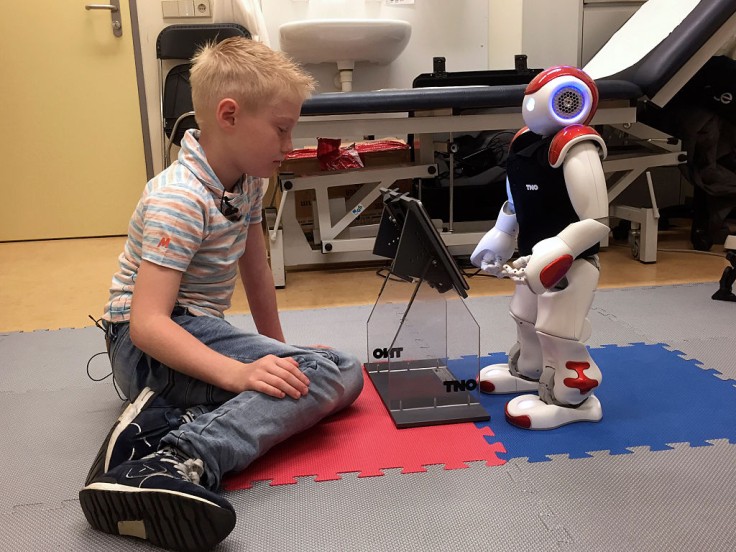
As caregivers, navigating the intricate terrain of our children's health is an ongoing journey. Amidst the myriad responsibilities, recognizing subtle indicators becomes imperative.
Diabetes mellitus, a persistent medical condition, poses challenges to the body's ability to convert food-particularly sugars-into fuel, potentially resulting in long-term damage to the heart, blood vessels, kidneys, eyes, and nervous system if not adequately addressed.
According to WHO, in 2014, diabetes affected 8.5% of adults aged 18 and above. By 2019, this condition emerged as the direct cause of 1.5 million fatalities, with 48% occurring before the age of 70.
Over the period from 2000 to 2019, there was a notable 3% increase in age-standardized mortality rates linked to diabetes. Particularly concerning was the 13% rise in mortality rates due to diabetes in lower-middle-income countries.
With that, here are important tell tale signs you start observing to the children around you to help with early detection and the prevention of fatal complications.
What Are the Early Signs of Diabetes in Kids?
1. Increased Thirst
Unquenchable thirst is a classic early sign of diabetes in kids. If you notice your child continuously reaching for the water bottle, it may be an indication of the body's struggle to regulate glucose levels.
2. Frequent Urination
Children experiencing frequent trips to the bathroom, even at inconvenient times like during the night, may be exhibiting a symptom of diabetes. Paying attention to changes in urination patterns is crucial for early detection.
3. Increased Hunger
Persistent hunger beyond regular meal times may signal diabetes. The body's inability to use glucose properly can lead to constant feelings of hunger, even shortly after eating.
4. Fatigue
Fatigue is another common symptom. Children with diabetes may feel excessively tired due to the body's difficulty in utilizing glucose for energy, impacting their overall energy levels.
5. Blurry Vision
Blurry vision can be a sign of elevated blood sugar levels. If your child complains of vision issues, it's essential to consider the possibility of diabetes and consult with healthcare professionals.
6. Darkened Areas of Skin
Unusual darkening of skin areas, particularly around the neck, armpits, or groin, may be associated with insulin resistance. This can serve as a visual cue for parents to seek further medical evaluation.
7. Unintended Weight Loss
While less common in children with Type 2 diabetes, unintended weight loss can still be a sign. This occurs when the body resorts to breaking down muscle and fat for energy due to glucose utilization issues.
8. Frequent Infections
Children with diabetes may be more susceptible to infections due to compromised immune function. Recurrent infections, such as urinary tract infections or skin infections, could indicate an underlying issue.
Types of Diabetes in Children
Understanding the distinctions between Type 1 and Type 2 diabetes is crucial. Type 1 requires insulin replacement therapy, while Type 2, once primarily an adult-onset condition, has become more prevalent in children due to rising obesity rates.
For Type 2 diabetes, proactive measures play a significant role. Encouraging children to adopt healthy eating habits, engage in regular physical activity, and maintain a healthy weight can help prevent or manage the condition.
The Role of Raising Awareness
Promoting awareness about the diverse range of early signs of diabetes in kids is paramount. Early detection is significant in effective diabetes management, encouraging parents to stay vigilant and informed.
Should parents notice any of the mentioned signs, it is crucial to consult with healthcare professionals for accurate diagnosis and guidance.
This expanded parent's guide provides a thorough understanding of the diverse early signs of diabetes in kids, emphasizing the importance of raising awareness.
In the face of these alarming statistics, understanding the early signs of diabetes becomes not only a proactive measure but a crucial component of safeguarding our children's health and ensuring a future free from the potential complications associated with this pervasive medical condition.